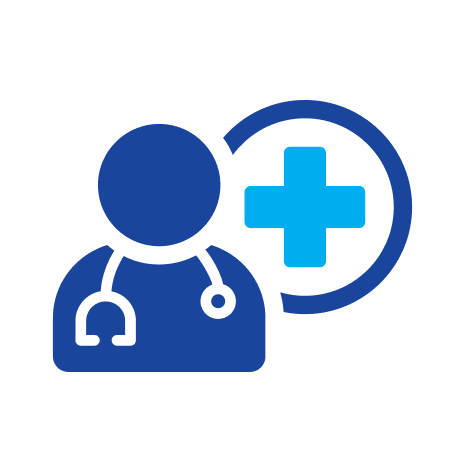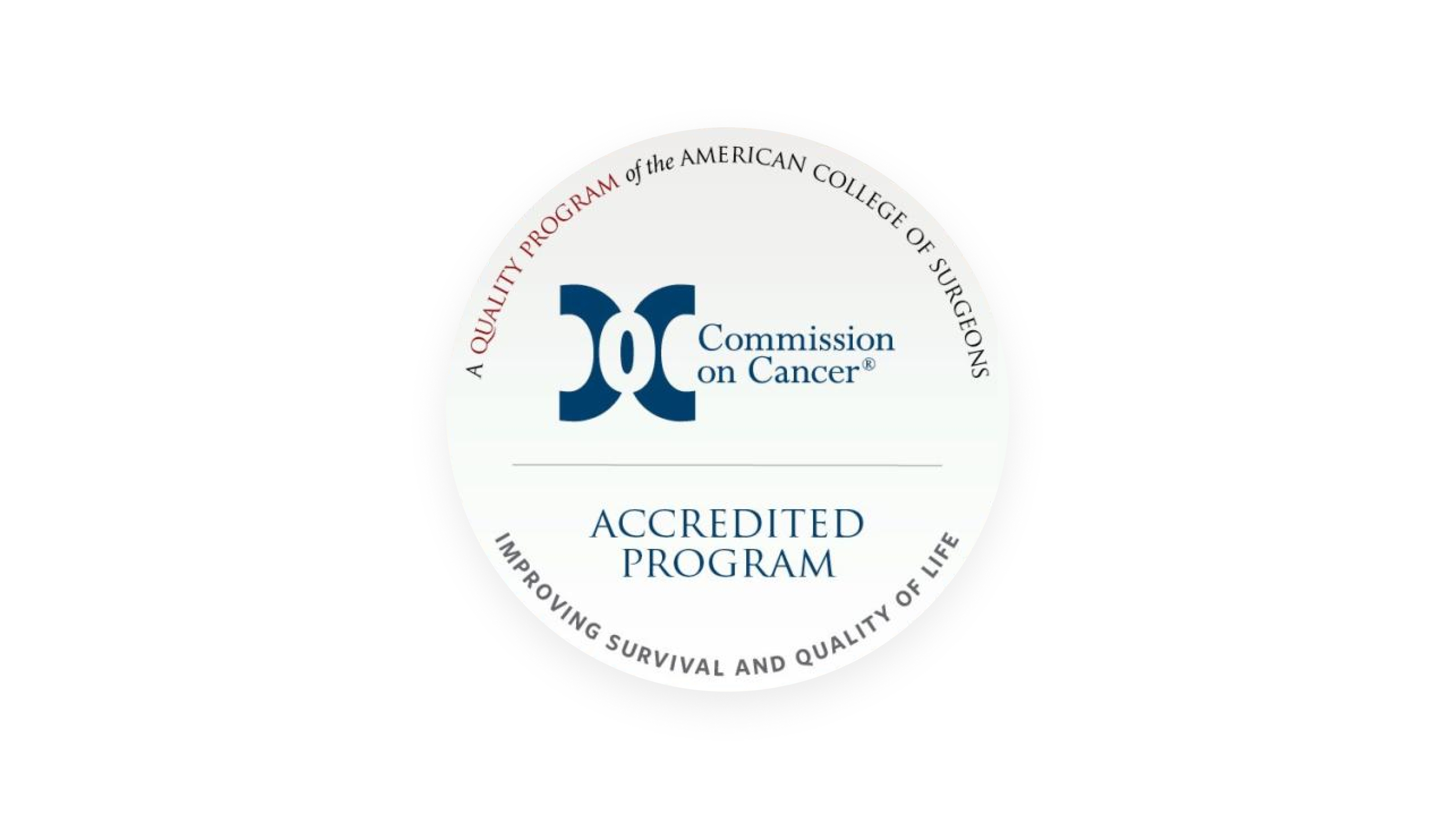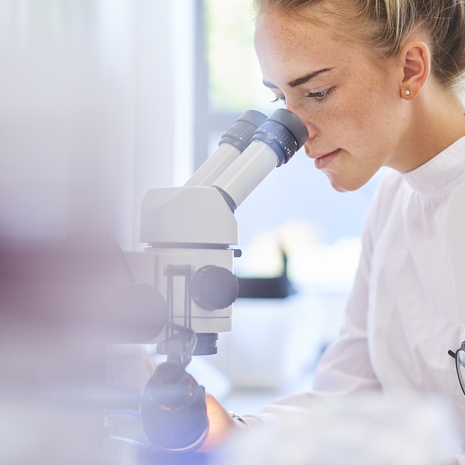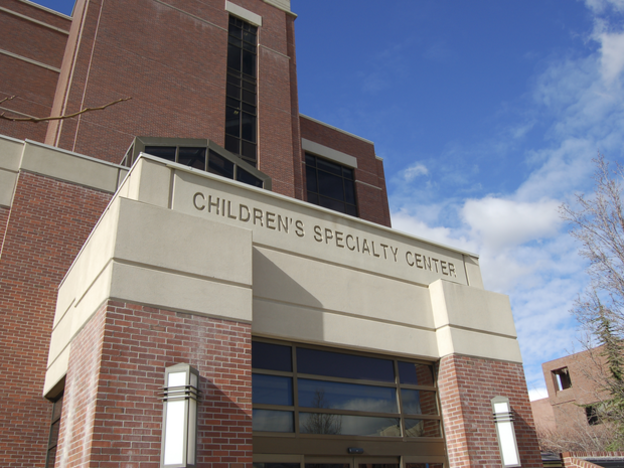Clinic
St. Luke's Cancer Institute: Boise
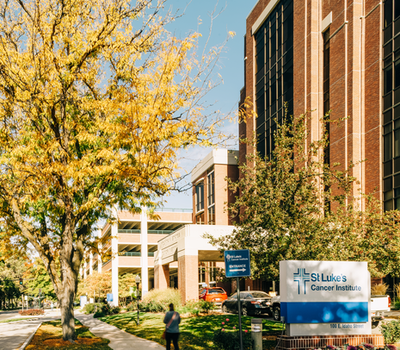
For emergency care before and after regular office hours, please call (208) 327-8055 to reach the St. Luke's Cancer Institute doctor on call. Please reserve after-hours calls for urgent needs. If you haven't received a return call from the doctor within 30 minutes, please phone again.
For a medical emergency that could be life-threatening, call 911 now or go directly to an emergency department. If you need urgent support for a mental health crisis, use 988 to call or text the Idaho Crisis & Suicide Hotline.
About St. Luke's Cancer Institute: Boise
For over 50 years, patients and families have trusted St. Luke’s for expert, compassionate care. Today, our network of five cancer centers delivers advanced treatment, personalized support, cutting-edge research, and community-focused prevention and education.
Our Boise center offers medical and radiation oncology, fellowship-trained cancer surgeons (including thoracic, hepatobiliary, gynecologic, and urologic specialties), and both autologous and allogeneic bone marrow/stem cell transplants. We...


